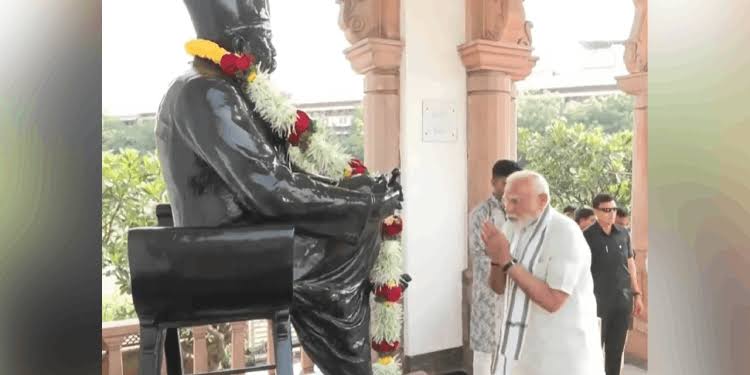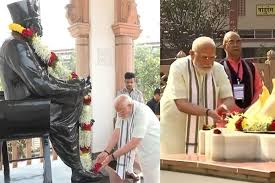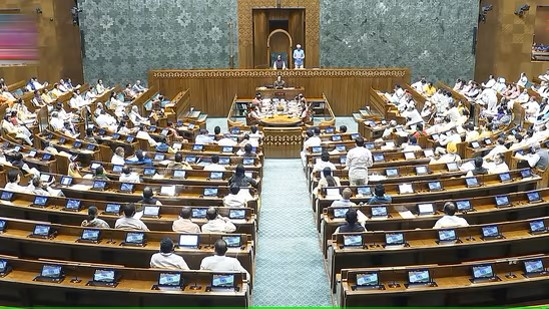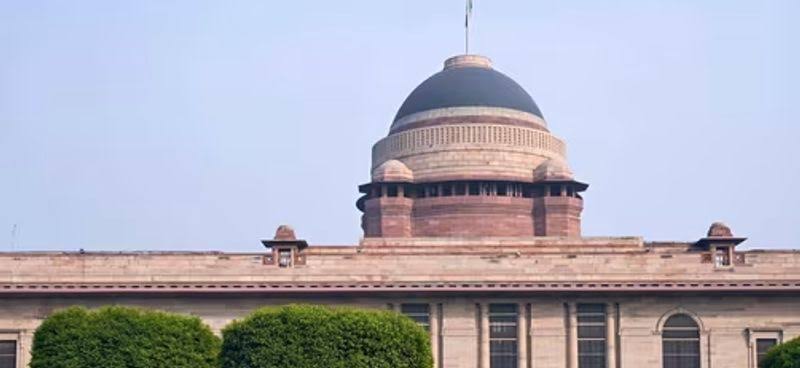A solemn moment unfolded in Nagpur as Prime Minister Narendra Modi paid heartfelt tribute to Keshav Baliram Hedgewar, the founder of the Rashtriya Swayamsevak Sangh (RSS), at the Smruti Mandir in Reshimbagh. The Prime Minister’s presence, alongside RSS chief Mohan Bhagwat and other prominent leaders, underscored the deep respect held for Hedgewar’s enduring legacy. The act of offering floral tributes was a quiet acknowledgment of the historical significance of the site and the man it commemorates.
 The day held a broader scope, however, extending beyond this tribute. Prime Minister Modi’s itinerary also included a visit to Deekshabhoomi, a place of profound importance for followers of Babasaheb Ambedkar, where he embraced Buddhism. This visit was a moment of reflection, recognizing the architect of the Indian constitution and his transformative impact.
The day held a broader scope, however, extending beyond this tribute. Prime Minister Modi’s itinerary also included a visit to Deekshabhoomi, a place of profound importance for followers of Babasaheb Ambedkar, where he embraced Buddhism. This visit was a moment of reflection, recognizing the architect of the Indian constitution and his transformative impact.
Further, the Prime Minister laid the foundation stone for the Madhav Netralaya Premium Centre, marking a step towards enhancing healthcare infrastructure in the region. He also inaugurated a testing range for UAVs at Solar Defence and Aerospace Limited, an event highlighting technological advancement and defense capabilities.
The Prime Minister’s visit to Nagpur, and his engagement with the RSS leadership, has drawn attention to the complex and evolving dynamics of Indian politics. As noted by RSS members, this was a significant occasion, marking a rare visit by a sitting Prime Minister to the Smruti Mandir.
Beyond the political undertones, the day was also about development. The Prime Minister’s subsequent visit to Chhattisgarh, where he initiated numerous development projects, emphasized the government’s commitment to regional growth. These projects, spanning various sectors, represent a tangible effort to improve the lives of citizens.
The convergence of historical reflection, political engagement, and developmental initiatives made this day in Nagpur and Chhattisgarh a multifaceted event, reflecting the diverse currents shaping contemporary India.




